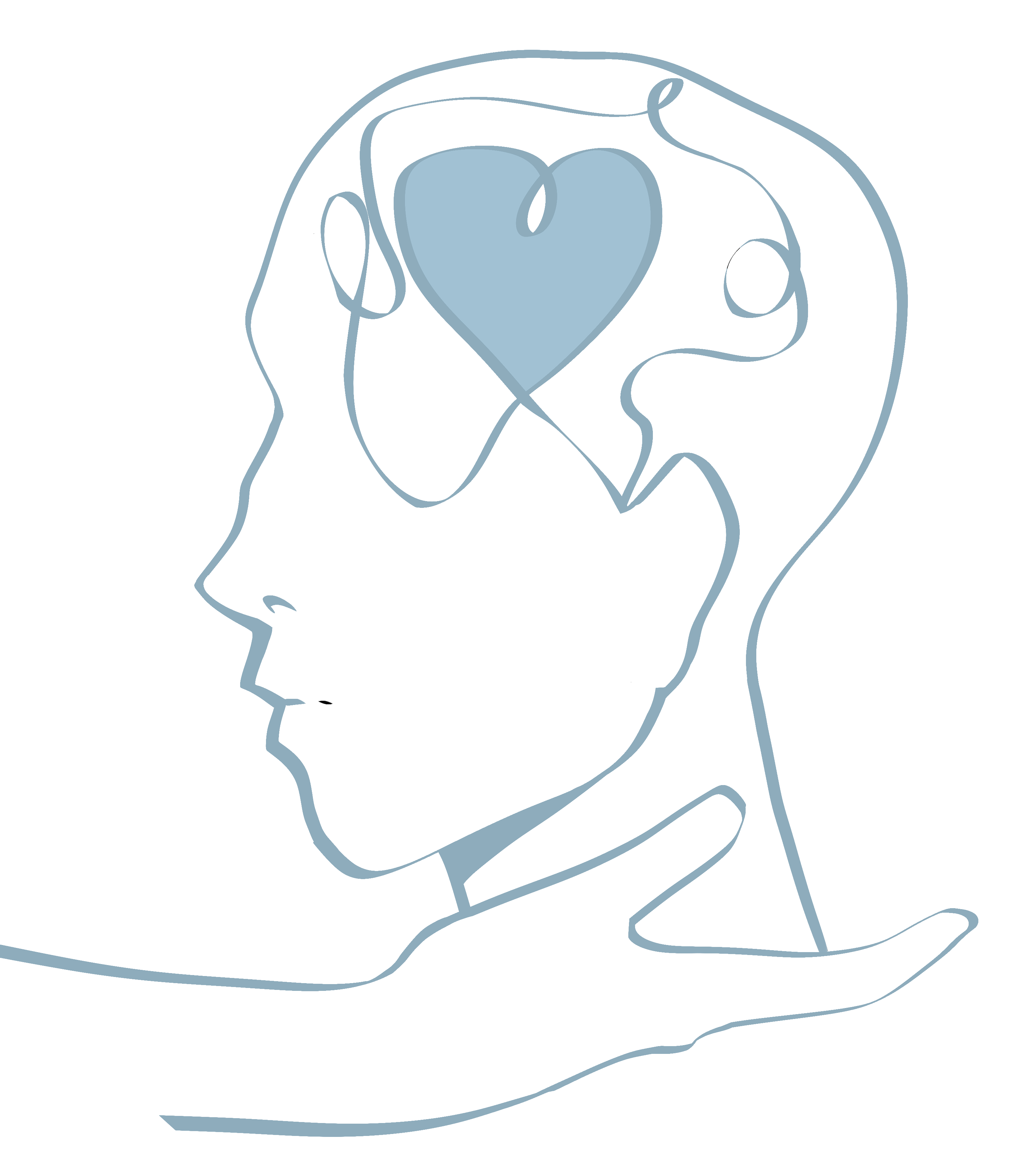Why Emotional Regulation Is the Most Underrated Parenting Skill
Parenting is one of the most rewarding—and emotionally intense—roles you’ll ever have. Whether you’re navigating tantrums, teen silence, or bedtime battles, your reactions shape more than just the moment. They shape your child’s sense of safety, identity, and how they learn to handle emotions themselves.
At Rekindled Hope Counseling, we help parents understand this powerful truth:
Your ability to regulate your emotions is one of the greatest gifts you can give your child.
Here’s why emotional regulation matters so much—and how you can start practicing it more intentionally.
What Is Emotional Regulation, Really?
It’s not about “staying calm all the time.” That’s unrealistic.
Emotional regulation is the ability to notice what you’re feeling, pause before reacting, and respond in a way that aligns with your values—not just your stress.
It means you can be frustrated without yelling, sad without shutting down, and overwhelmed without lashing out. It’s the pause between trigger and response that changes everything.
Why It Matters for Parents
Your child learns how to handle big emotions by watching you. If they see you take deep breaths, name your feelings, or apologize when you snap—they learn emotional intelligence, self-awareness, and repair.
If they see explosive reactions or shutdowns, they may internalize fear, shame, or avoid expressing emotions altogether.
Parenting isn’t about perfection—it’s about modeling regulation and repair.
Signs You Might Be Struggling with Emotional Regulation as a Parent:
-
You feel guilty after reacting with anger or sarcasm
-
You avoid certain parenting situations because of how overwhelmed you feel
-
You find yourself apologizing often for your reactions—but nothing changes
-
You’re carrying emotional baggage from your own childhood or past trauma
If any of this sounds familiar, you’re not broken—you’re human. And you can change.
How to Start Regulating More Effectively
-
Name what you are Feeling
Say your feeling out loud—even if it’s just to yourself: “I’m feeling really overstimulated right now.” -
Use the Power of the Pause
A deep breath, a drink of water, stepping into the hallway for 30 seconds—small pauses protect relationships. -
Repair When You React
Messing up doesn’t disqualify you. It’s the repair that matters: “I’m sorry I yelled. That wasn’t okay, and I’m working on it.” -
Get Support for Your Own Triggers
If you grew up in a home without emotional safety, you may be parenting with empty tools. Therapy helps you fill that toolbox.
You Deserve Support, Too
Your emotional well-being directly affects how you show up for your family. That’s not pressure—it’s power. When you work on emotional regulation, you’re not just parenting your child. You’re re-parenting yourself with compassion.
At Rekindled Hope, we help parents break generational cycles, develop regulation skills, and show up with calm—even in the chaos.
👉 Schedule a free consultation to learn how therapy can support you in parenting from a place of peace, not pressure.
You can’t control every moment—but you can control how you grow through it.


